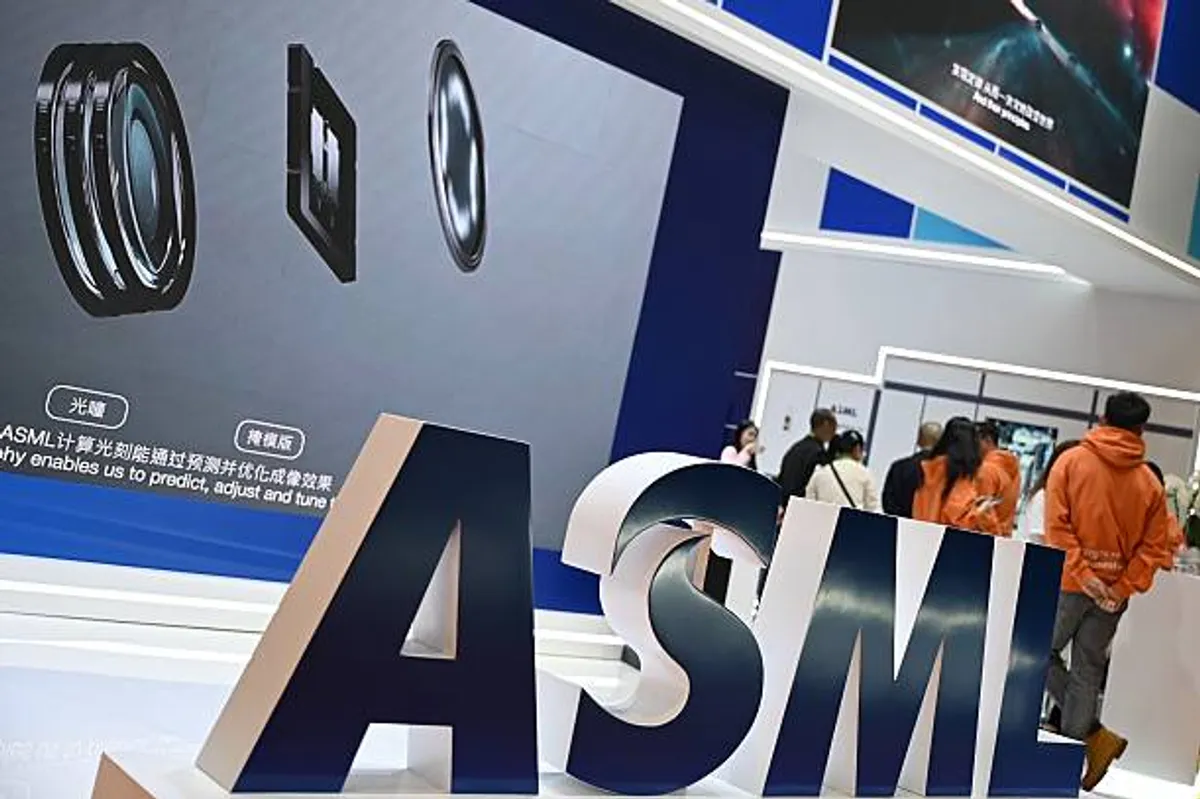US Lawmakers Target Chinese Chipmaking Equipment With New CHIPS Act Restrictions

GeokHub

Washington, Nov 20, 2025 — A bipartisan group of U.S. lawmakers has introduced a proposal that would bar companies receiving federal CHIPS Act funding from buying Chinese-made semiconductor manufacturing equipment for the next ten years, marking one of the most consequential attempts yet to limit China’s influence in the global chip supply chain.
The measure was unveiled in the House of Representatives and aims to tighten the rules governing the US$39 billion CHIPS and Science Act, which was created to expand domestic chip production and reduce American reliance on foreign suppliers. The bill targets a wide range of essential chipmaking tools, including wafer processing systems and lithography equipment, and is set to receive a companion bill in the Senate next month.
Lawmakers argue the restriction is necessary as China increases investment in its semiconductor-equipment sector, pouring tens of billions of dollars into developing machinery capable of competing with U.S. and allied technologies. Under the proposed law, CHIPS-funded companies such as Intel, TSMC and Samsung would be required to avoid Chinese equipment for grant-supported operations inside the United States. The restriction would not apply to their overseas facilities.
The draft legislation also expands the ban to tools originating from countries considered national security threats, including Russia, Iran and North Korea. However, it allows for waivers in situations where necessary equipment is not available from U.S. or allied manufacturers, an acknowledgment that certain advanced tools remain difficult to source domestically.
American chip-equipment producers, including Applied Materials, Lam Research and KLA, have voiced support for the proposal, saying it would prevent federal subsidies from indirectly strengthening Chinese competitors and ensure U.S. industrial policy aligns with long-term national security goals.
The bill arrives amid intensifying global competition over semiconductors — the foundation of modern computing, artificial intelligence and defense technologies. If passed, it would impose some of the toughest procurement restrictions ever placed on CHIPS Act recipients, while reshaping the future of how and where advanced chips are made.








